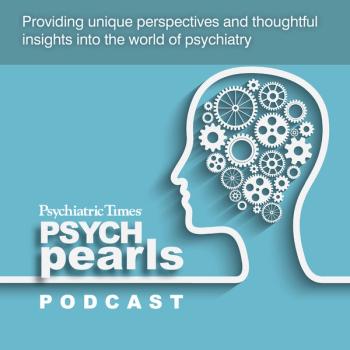
Metabolic Disorders
Latest News
Latest Videos

Podcasts
CME Content
More News

What do we know about psychiatric symptoms that may present in patients who also have diabetes? Take the quiz and learn more.
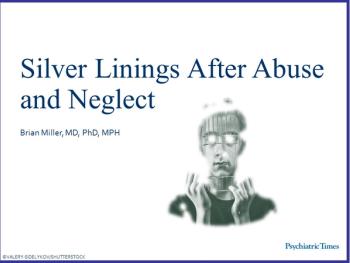
The neuroprotective role of resilience in patients with schizophrenia who experienced early childhood trauma is evaluated in this brief update.

Are we happier when we don’t eat sugar or gluten and should we all be gluten-free?
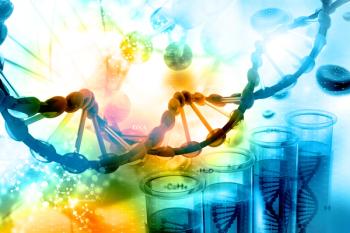
In this exclusive interview, Psyched! podcast hosts continue the conversation with a leading researcher on mind-gut connections.

Three new studies on genetic risk factors and lifestyle; the transition from cognitive health to Alzheimer disease; and metabolic syndrome in depressed older adults.

Schizophrenia and T2 DM risk; short-term weight gain with specific antipsychotics; interventions to reduce weight and/or metabolic abnormalities. . .answers here.

Because patients who have psychiatric illnesses typically receive less frequent medical care, psychiatrists must aim to ensure appropriate monitoring of metabolic parameters when antipsychotic medications are used.

How does a pituitary result in a psychiatric emergency? Read more clues to this clinical puzzle.

Despite increasing awareness of the cardiovascular risks, adequate treatment of the metabolic syndrome remains a persistent challenge.
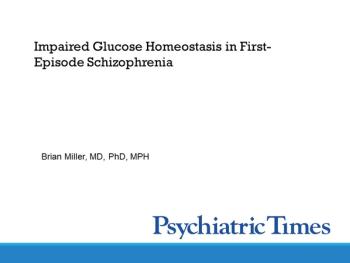
Recent findings suggest metabolic abnormalities may be independent of the effects of antipsychotics.

A recent meta-analysis shows this agent is useful in the prevention and treatment of antipsychotic-induced weight gain.

Do cholinesterase inhibitors lead to weight loss in older adults with dementia? Here's a wrap up of a large study of patients in a real-world setting who had newly started these medications.

Chronic health problems like diabetes only get worse with depression. New research shows the time is now to address both concerns.
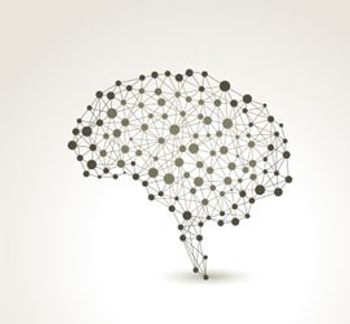
As the intricate relationship between impaired glycemic control and bipolar disorder begins to unravel, possible directions for treatment options for the mood disorder continue to expand.

Depression and diabetes can prey on the shortcomings of our health care system, such as fragmented, episodic care and poor continuity. Coordinating care can be fraught with difficulties, but it is the goal of many current efforts in health care reform.


Metabolic syndrome may be a particularly important marker of antipsychotic metabolic effects.

Why do patients with eating disorders resist treatment? How can the clinician address resistance?

Treatment approaches to counter adverse metabolic effects associated with the atypicals.

Obesity is one of the most common physical health problems in individuals with psychiatric conditions and contributes to excess medical morbidity and mortality. Several classes of psychotropic medications, particularly atypical antipsychotics, cause weight gain. While these issues pose challenges to optimal health, the good news is that there are solutions and emerging strategies.

Hypothyroidism is a common clinical disorder that psychiatrists frequently encounter. However, symptoms of thyroid dysfunction are often vague and nonspecific, which can lead to delayed or missed diagnosis.

This article highlights evidence-based treatment with herbs and nutrients with good tolerability and potential benefit when integrated into psychiatric practices.

Diabetes mellitus and depression symptoms are associated with with decreased self-care and less adherence to exercise, medications, smoking cessation, and eating a healthy diet.

Dr Roger McIntyre answers a reader's question. How would you answer? Take the quiz.

Sadly, type 2 diabetes mellitus is increasing in children and adolescents at a rapid rate associated with rising rates of obesity.





